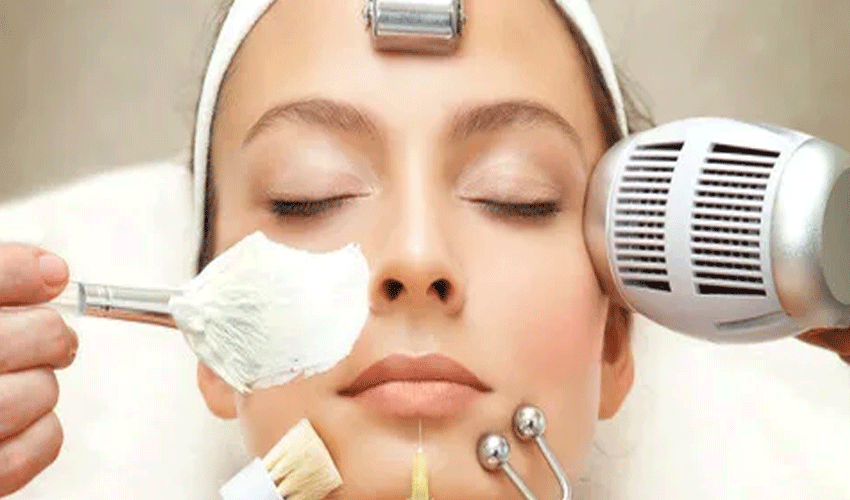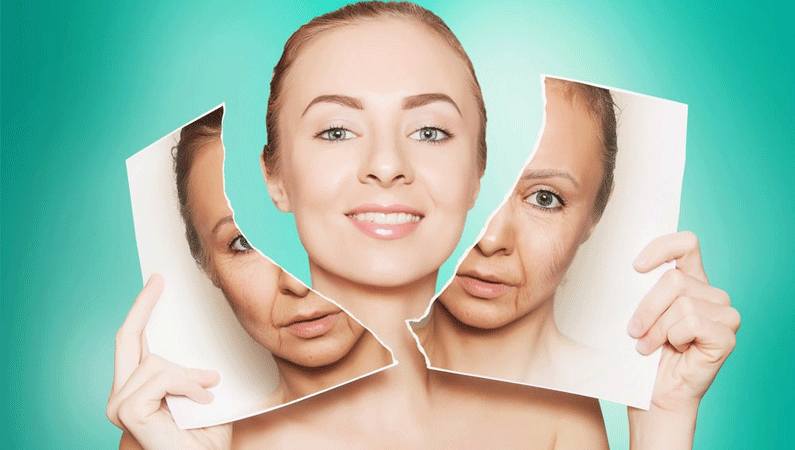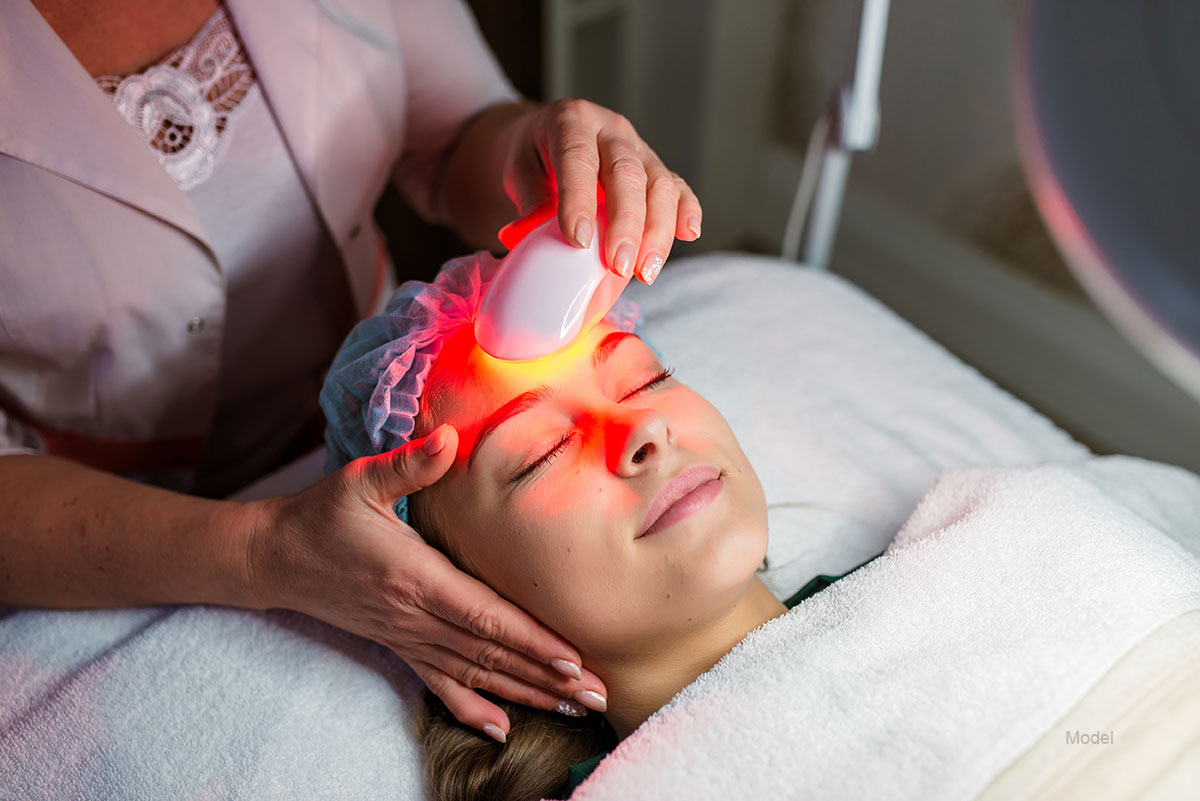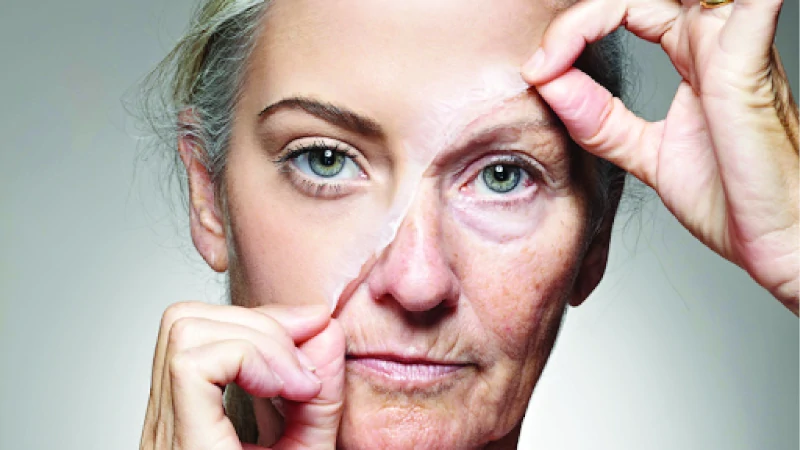Spike in cosmetic procedures raises safety, regulatory questions in Pakistan and beyond

The sudden deaths of well-known South Asian actors from alleged heart attacks have sparked widespread speculation on social media, with many users attributing the incidents to anti-aging treatments and COVID-19 vaccines.
While no official medical reports support these claims, the conversation has reignited concerns around the booming and loosely regulated anti-aging industry.
Health experts caution against drawing premature conclusions, but agree that the misuse of cosmetic treatments—particularly hormone-based therapies—poses real risks. In countries like Pakistan and India, where aesthetic procedures are increasingly sought after for cosmetic appeal rather than clinical necessity, such treatments are often undertaken without adequate medical oversight.
What are anti-aging treatments?
Anti-aging treatments are designed to reduce visible signs of aging and restore vitality. These include Botox injections, dermal fillers, collagen boosters, hormone replacement therapy (HRT), and over-the-counter supplements. While widely used by individuals aged 35 to 50 to address wrinkles, sagging skin, or low energy, they’re increasingly being adopted by even younger people influenced by social media beauty standards.

Among all available options, HRT is considered the most potentially dangerous. Initially created to ease menopause symptoms, it is now used off-label for cosmetic rejuvenation. However, altering hormonal levels without medical necessity or supervision can increase the risk of heart attacks, strokes, blood clots, and some forms of cancer.
In Pakistan, the demand for such treatments has grown significantly—especially among urban, middle-income populations. Local dermatology and aesthetics clinics report a surge in Botox, microneedling, and glutathione injections. However, many of these procedures are performed without comprehensive pre-treatment screenings or follow-ups.

Due to the absence of official data and oversight, experts warn that a growing number of patients may be exposed to life-threatening outcomes. There is no formal licensing system for many aesthetic clinics, and over-the-counter hormone and beauty supplements are widely available without prescriptions.
The global industry is booming
Globally, the anti-aging market was valued at approximately $73 billion in 2024, and is projected to exceed $121 billion by 2033. In 2020 alone, more than 14 million non-surgical cosmetic procedures were performed worldwide, with Botox topping the list at 6.2 million cases.
India’s anti-aging market is growing rapidly at 19% annually, driven by younger consumers aged 25–45 in urban areas. These individuals often pursue treatments not due to medical need but to conform to societal beauty ideals. Experts are now raising alarms about how early and repeated exposure to such cosmetic interventions could cause long-term harm.
Natural lifestyle still most effective “anti-aging” strategy
While the allure of “youthful transformation” is strong, medical consensus still favors lifestyle-driven aging prevention. A healthy diet, physical activity, adequate sleep, stress management, and avoiding smoking and excessive alcohol remain the most reliable ways to preserve physical and mental well-being.

Doctors warn that synthetic methods—like hormone replacement or injectable enhancements—should only be used when medically necessary and with full diagnostic evaluation. They also caution those with pre-existing heart or blood pressure conditions to avoid such treatments altogether.
Public awareness
Pakistan, like many developing countries, lacks a formal regulatory framework to oversee aesthetic and cosmetic procedures. Many clinics operate without proper licensing, and patients often lack access to verified information about the safety or necessity of these treatments.
There is also a growing trend of self-prescription, where individuals purchase supplements or hormone pills based on online advice or peer suggestions. This unmonitored consumption can severely damage vital organs such as the heart, liver, and kidneys.
In a society increasingly influenced by unrealistic beauty standards perpetuated by social media and celebrity culture, experts are urging the public to make informed health decisions.
They stress the importance of understanding that aging is a natural process—and attempting to reverse it without regard for long-term health can lead to devastating outcomes.









